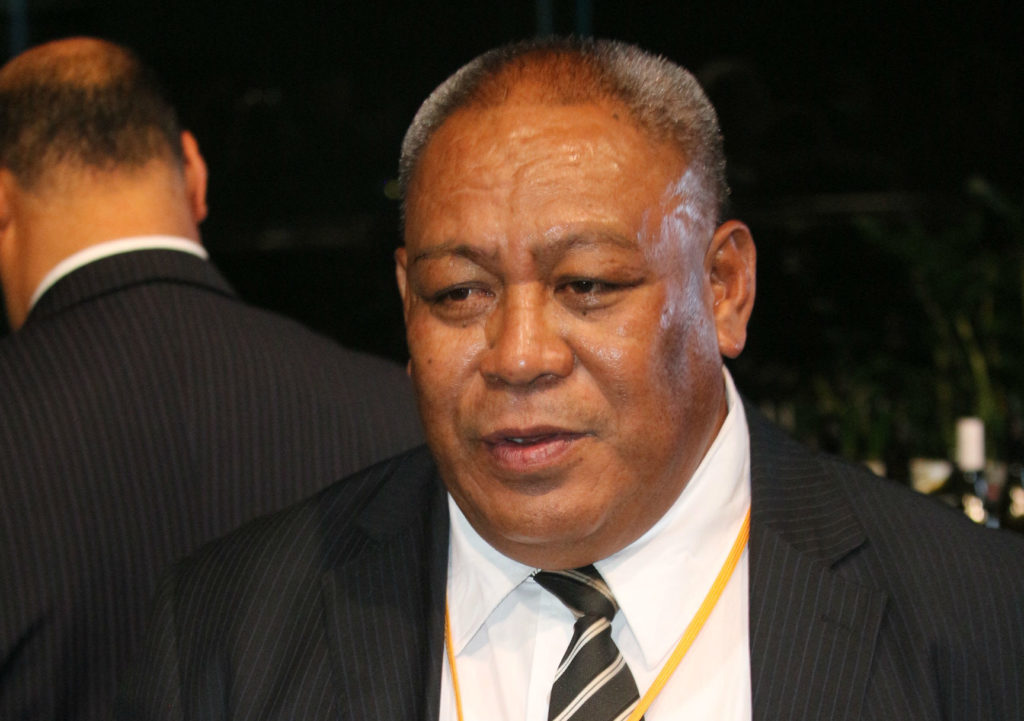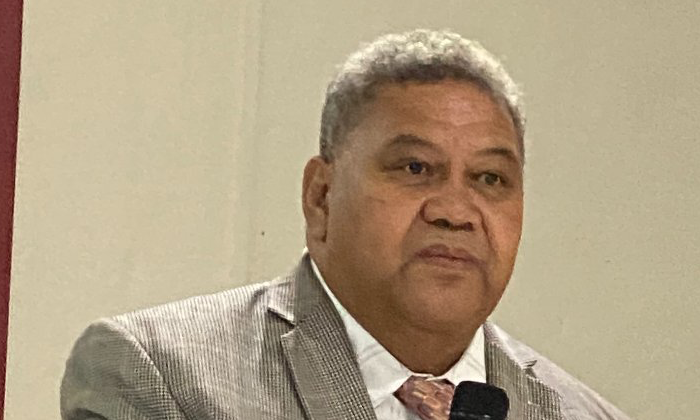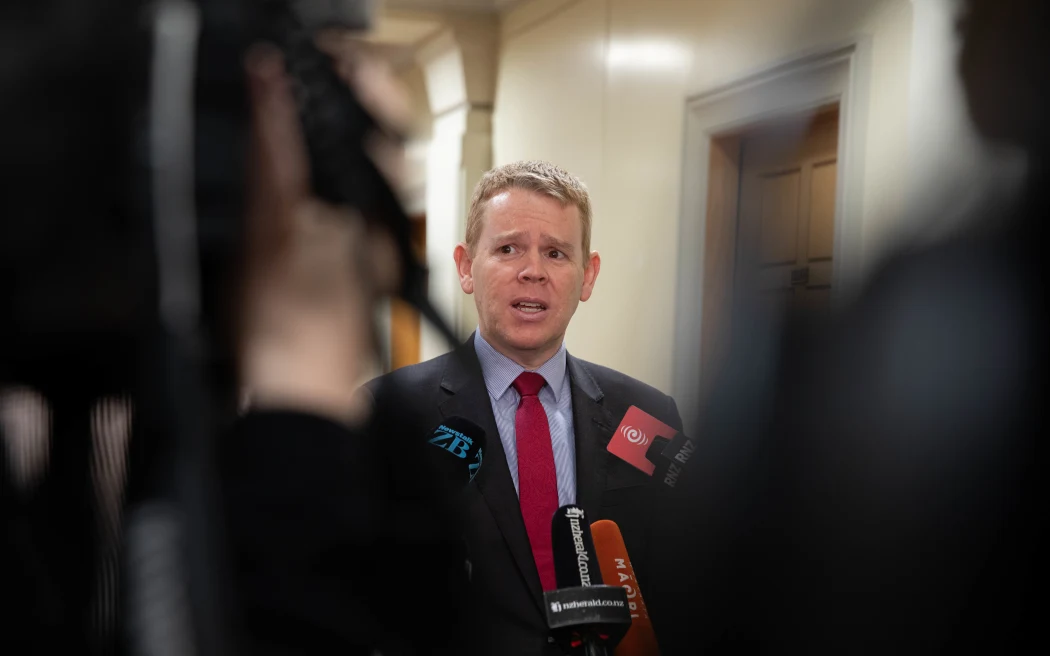Former Minister of Finance Tevita Lavemaau has been appointed as ‘Eua government representative.

Prime Minister Hu’akavameiliku appointed Lavemaau this week.
The appointment came after the Minister of Infrastructure, Sevenitiini Toumo’ua, previously warned Lavemaau, of a possible investigation into his role in the former government.
The threat came after Lavemaau accused the Ministry of being slow in building houses for the 2021 tsunami victims.
He proposed that a commission should investigate the Ministry’s handling the housing projects.
Former government
Lavemaau was the Minister of Finance in the government of Late Prime Minister Pōhiva Tu’i’onetoa which launched the TOP$450 million roading project. The former PM said it was the biggest budget ever allocated for roading works in Tonga.
The project, set to run from 2020 until 2023, attracted a lot of criticisms after what appeared to be favouritism and nepotism, including how the construction contracts were awarded to the Cabinet Ministers’ close friends and blood relatives. Only roads in villages and electorates of the Cabinet Ministers were constructed and repaired.
The Tu’i’onetoa government was ousted in 2022’s premiership election.
As Kaniva News reported previously, the current Hu’akavameiliku government has dumped the roading project together with other community housing projects.
Toumo’ua claimed earlier this year that contractors who supplied rocks for Tu’i’onetoa’s government road maintenance had falsified records to obtain millions of pa’anga monthly.

Toumo’ua claimed that records of loads carried under the roading contract were falsified in one month to obtain TOP$1 million.
He alleged that trucks transporting rocks for the roading site used two different registration plate numbers.
He said TP$18 million of taxpayers’ had already been paid. He described this as “imprudent.”
Toumo’ua previously launched another attack against the unfinished roading project and other related schemes by telling Lavemaau he should be arrested and investigated.
He said Lavemaau should be investigated for several contracts he was involved with but did not give further details.
The Minister also questioned Lavemaau about a project in which an impact crusher appeared to have been given to his constituency. He also asked Lavemaau about a voucher which he claimed was paid for a service by a truck he owned.
“What about the ($12 million) vessel which could not travel to Ha’apai and Vava’u”, Toumo’ua asked in Tongan of Lavemaau.
Housing projects
The Minister of Infrastructure’s sudden angry outburst on Facebook in December 2023 appeared to have been triggered by a comment by Lavemaau criticising the Ministry’s poor handling of the new housing projects for the 2021 tsunami victims.
The post in question on the Ministry’s Facebook page said 28 houses were meant to be built at Nomuka, but only 12 had been built. It said the Ministry planned to finish three more houses before the end of this year and the remainder would be completed by next year.
In response, Lavemaau wrote under the comment section that he felt for the pitiful state of the people in the outer islands who were victims of the tsunami nearly two years after the tragedy and construction had yet to be completed.
“What is your problem, MOI?” Lavemaau asked of the Ministry of Infrastructure.
He said the funds had long been in the Treasury for the work.
“It is about time for a commission to investigate the work you are doing,” he said.
A Ministry of Infrastructure online administrator told Lavemaau off.
“Tevita Lavemaau you should be the one to be arrested and investigated first to find out the country’s money, your contracts”, it said in Tongan.
“How about Lavulavu’s road construction contract?
“How about the impact crusher for ‘Eua?
“How about the voucher which was paid for your truck?
“How about the $12M for the vessel which could not travel to Ha’apai and Vava’u?”
Lavemaau told the administrator to come clean and show his true identity.
In response, the admin said he was the Minister of Infrastructure Sevenitiini Toumo’ua.
In Tongan he wrote: “ Ko au Sevenitiini Toumo’ua”.











